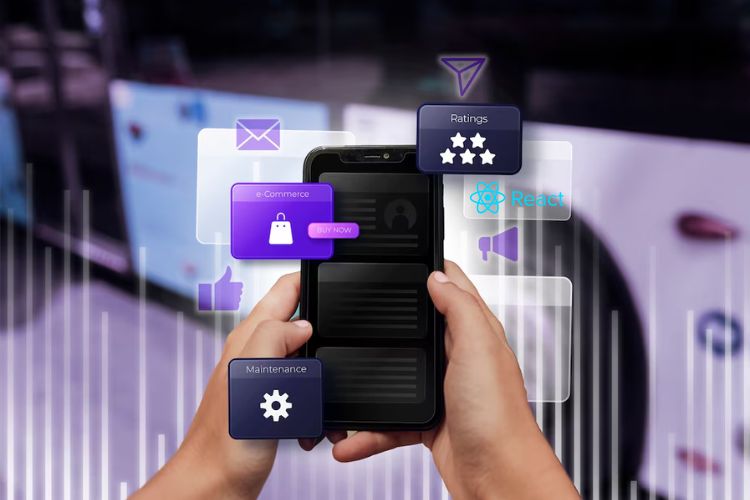
Everyone knows how important sports are to the college experience, even if you’re from the top universities of the world. Over the years, this field has changed drastically. And we’re about to see another revolution—blockchain-based digital collectibles.
Since the NCAA’s announcement in late June, college athletes can now earn money from their NIL (name, image, and likeness or NIL). What this means is that students in states where the NIL legislation is passed can now profit off their social media accounts, strike endorsement deals and sell their autographs to make money through NFTs.
This is great news for those who are budgeting and saving for their present and investing for their future as well as for those who would like to connect with their fans in a unique way. However, before we dive deeper into the world of NILs and NFTs, let’s first take a step back to understand the significance of the NCAA’s ruling.
NCAA’s Infamous Rules
Despite being a multi-billion dollar industry, athletes almost always get the short end of the stick. Everyone from coaches to stadiums get a pretty sizable chunk, sports stars, on the other hand, leave with their hands empty.
Not so long ago, it was difficult for college athletes to make money from being famous. They were only ever compensated with a fully paid education or scholarships instead of salaries. Some were even punished for accepting compensation from endorsements.
Changing The Game
When the Supreme Court ruled against the NCAA earlier this year, athletes are now welcome to profit from their name, image, and likeness in any form they wish. This new policy will remain in place, but only until the development and implementation of a national standard that will govern the NIL rights of college athletes.
This interim policy will allow college athletes to do the following:
- Profit off of activities such as autograph signings, brand endorsements, and personal appearances.
- Make use of professional providers for such activities. However, it is their universities that will be responsible for deciding whether those activities are consistent with the law.
- Attend colleges and universities in states that don’t have NIL laws while still retaining the right to monetize their name, image, and likeness.
In the absence of a federal law, colleges and universities from states that have yet to pass a NIL law need to come up with their own rules and policies that the students will follow. This will include general guidelines such as not allowing endorsements to influence recruiting decisions as well as prohibiting boosters from paying the athletes.
Product endorsements are a special case as restrictions will directly depend on state laws. For example, college athletes in Texas cannot endorse any tobacco products, alcohol, anabolic steroids, or sports betting. Universities have the responsibility to oversee the deals their athletes are getting into. If the product endorsement conflicts with the policies in place in the school, they have every right to object to it.
Commercializing via NFTs
The best way college athletes can tackle the NIL market is by capitalizing their personal brand by way of NFTs or non-fungible tokens. NFTs are digital assets that are stored on a digital ledger. Athletes will simply turn digital images, trading cards, highlights, collectibles, or any other medium or product into an NFT.
What differentiates NFTs from fungible cryptocurrencies such as Ethereum and Bitcoin is that they are not common and non-interchangeable. NFTs have a unique ID attached to them, making them unreplicable due to their security measures. If you’re wondering about the ownership aspect of an NFT, it is recorded on a blockchain network, but the creator of the artwork retains the ownership of the copyright.
Athletes have been profiting from NFTs ever since it started getting more traction. Best player in men’s college Luke Garza launched a digital collectible in April of this year on the crypto marketplace OpenSea. Patrick Mahomes and Rob Gronkowski who are both big football stars also unveiled their NFTs in early 2021.
One thing to take note of about selling NFTs on platforms like KodaDot, OpenSea, and SuperRare is that there has to be an intermediary in the process that will usually take a cut from the athlete’s revenue. College athletes are also not guaranteed to get royalties from secondary transactions. An example of this is when someone sells the original artwork on another platform.
While doing commercials or signing posters, footballs, and other sports paraphernalia is admittedly exciting and extremely gratifying, the great thing about NFTs is that college athletes can generate one digital asset after another and fanbases can proceed to buy and sell them. Not only is it for the athlete itself, but it’s also a great way to interact and engage with fans.
NFTs allow college athletes to build a business unique to them through digital content creation that highlights their name, image, and likeness. They now have a way to monetize their NIL without anyone prohibiting or even punishing them from doing so.
















































